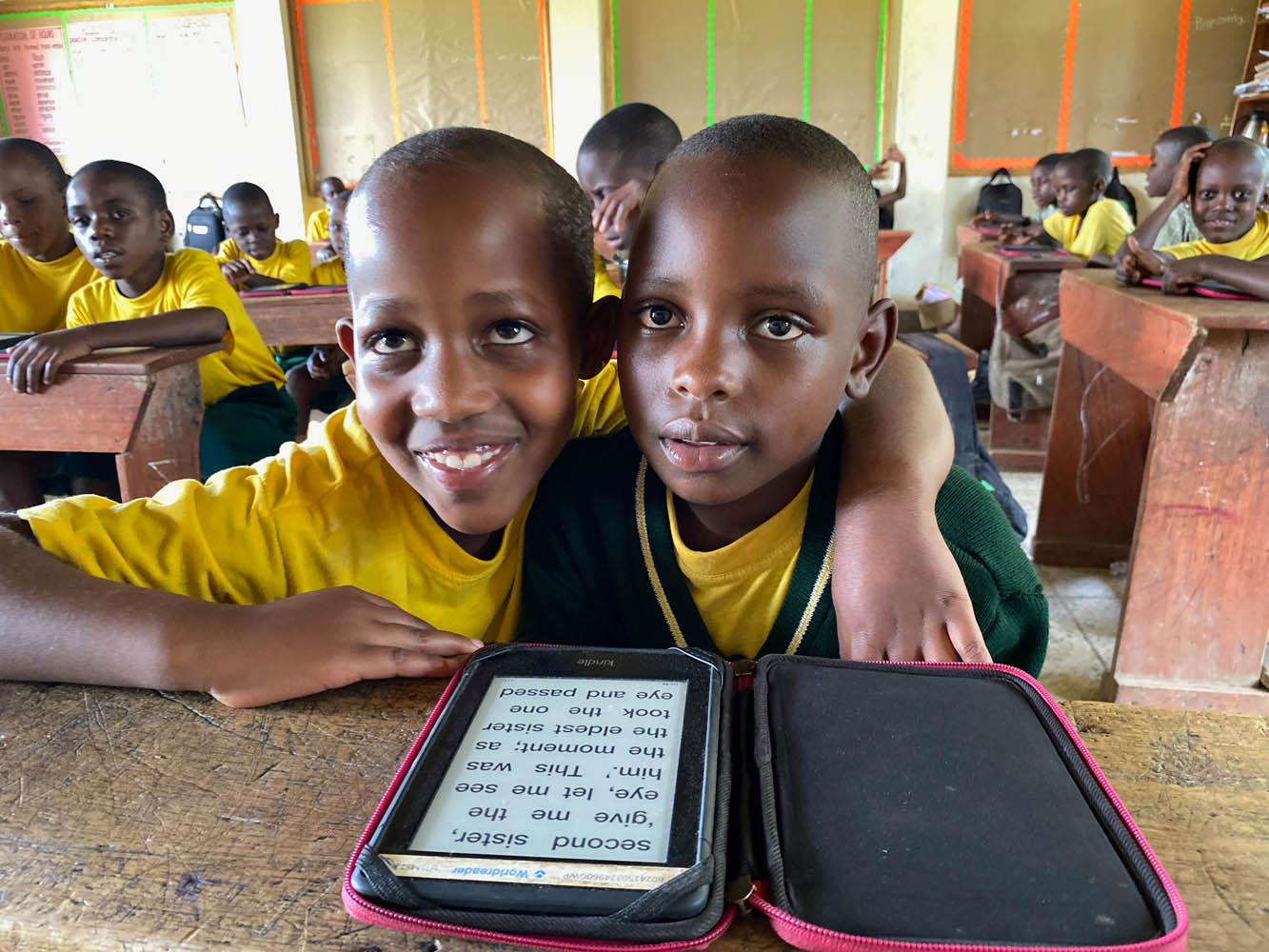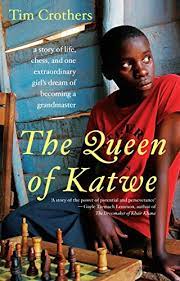Book Review| Queen of Katwe by Tim Crothers
October 2022 by Judy Dederick
The Queen of Katwe: One Girl’s Triumphant Path to Becoming a Chess Champion Paperback – October 15, 2013
by Tim Crothers (Author)
What comes to mind when you hear the word “slum”? Poverty…..squalor……disease……violence…….futility? In our daily lives, Dear Reader, we don’t encounter slums–we don’t go near them, we don’t know anyone who lives in a slum; we don’t think about slums or their residents. Or their desperation or their smells.
Katwe is a huge slum in the city of Kampala, Uganda. In fact, there are seven slums in Kampala, and 60 to 70% of the city’s population of 3.6 million people live in one of them.
At the other extreme, there are areas of great wealth in the city; privileged children have excellent educations, including the arts, sports, and travel. Children from those different worlds rarely meet or interact, and if they do, it isn’t pretty.
Queen of Katwe is the story of Phiona, a girl who lived in Katwe and who became a national and international champion in chess. It is a true story. The other characters are Phiona’s mother, brothers and sister from Katwe, and her coach Robert. We follow them as they navigate the world of competitive chess in the world of privilege. Phiona is about 12 years old as the story begins–no one knows exactly when she was born. (Women in Uganda have five children on average; those who live in slums usually have more. Many die. There are no birth or death records in Katwe.)
One day Phiona secretly follows her older and younger brothers into a shed where there is a group of boys, all from Katwe, but at least some wear school uniforms. The boys are playing something and are given mugs of porridge which they all eat ravenously. The man in charge summons Phiona in, but the boys chase her away–she is a girl, and she smells filthy and terrible. The story evolves: the coach is Robert Katende, who grew up in chaos and poverty but has a stable, if very modest, life outside the slum. Robert (whose own story will be reviewed here soon) attributes his success in life to having learned how to think and plan by learning to play chess, and he is committed to offering that opportunity to children in Katwe. Robert realizes that Phiona, although she is totally illiterate, can see and plan strategies as much as eight moves ahead in chess, which is phenomenal. He teaches and mentors her through endless challenges in Katwe and beyond. Finally, they go to international youth championship games in Siberia. Every step they take threatens almost certain failure, and I couldn’t stop reading. It is an inspiring story in which we see fierce determination and work on the one hand and stubbornness, lethargy, and hate on the other.
We, Dear Readers, cannot begin to imagine living in Katwe. How many times a day do you turn the water on, hardly noticing it? One of Phiona’s morning chores was to take a plastic can to get about a gallon of “clean” water. She walked an hour and a half each way. That water had to serve her family of five for the day. An American family uses about 300 gallons of water a day. At the same time, in Katwe, water containing raw sewage runs down open trenches in the streets. Rain makes the trenches overflow; some people sleep in hammocks to stay dry; occasionally, very young children drown. Showers? Clean clothes? School? No–not when everyone is also desperately hungry. Statistics show that about half of the children in Uganda have stunted growth from chronic hunger.
The power of Queen of Katwe is that we follow the people, wonder what will happen next, and care about them. We also wonder how anyone avoids hopelessness and despair. In Phiona, with her coach Robert’s support and help, we see that determination plus talent plus luck can sometimes work miracles. Although rare, even Katwe children can have food, school, and enough water not to smell terrible. It is a gripping story. I recommend it without reservation.
PS: Here’s a secret: Disney made a film from the book—you can stream it. Read the book first–it makes the film so much more fascinating.

